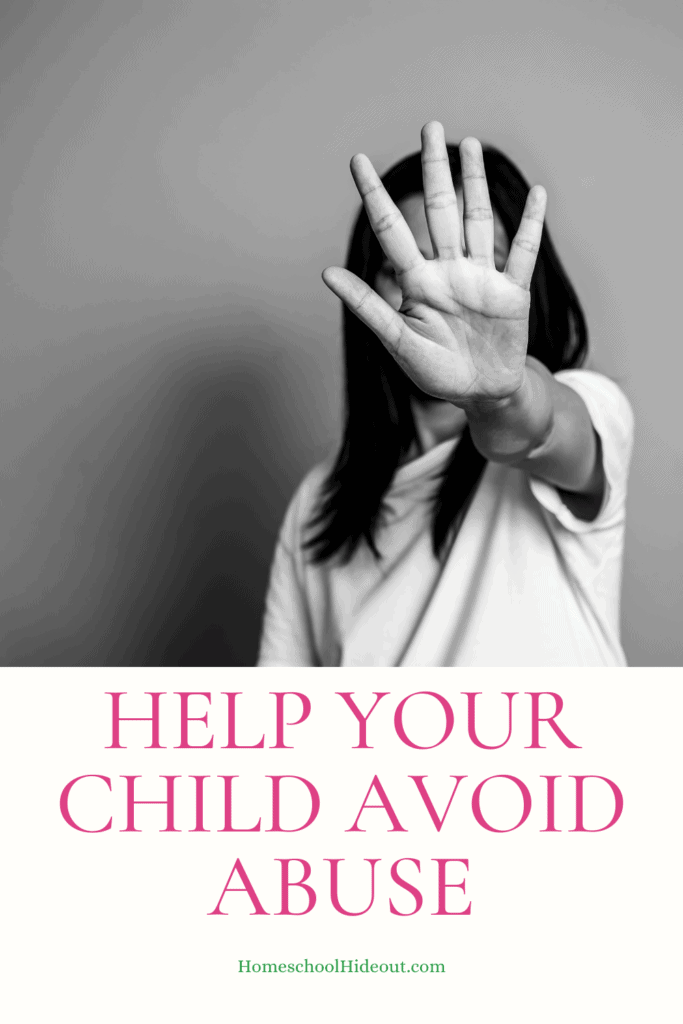Conscious Parenting- How To Educate Your Child Deal With Abuse
Child abuse cases are more common than ever, and young children fall prey to the wrong intentions of strangers, teachers, and even family members. Such events have grave implications and can even leave the victim scarred for a lifetime. The worst part is that most victims fail to raise an alarm because they are confused, apprehensive, or scared. At times, they do not even realize they are being abused.
As a parent, you can do your bit by raising a conscious child who can report abuse and deal with the situation correctly. Discussing sensitive topics such as abuse, assault, molestation, and rape with your kid sounds daunting. But it is an integral element of conscious parenting every parent must embrace. Here are some tips to educate your young one about abuse to ensure safety in all situations.
Tips to Help Your Child Deal with Abuse
Start early with body-part education
Child abuse can happen at any age, and preschoolers are as vulnerable as teens. In fact, the risk runs for younger kids who may not even recognize signs of abuse. The last thing to do is postpone education only because you feel that your kid is too young to encounter abusive situations. Use age-appropriate language to teach them about body parts and good/bad touch. Emphasize private parts and explain that no one should be allowed to see and touch the child’s private parts except mommy and daddy. Upgrade education as the little one grows because they need to understand the evolving risks.
Develop comfort with your kids
As a parent, you may not be comfortable discussing sensitive topics like abuse and molestation with a kid. But you must develop a friendly relationship to bring forth such issues and discuss them. Once you break the ice, the child will also shed inhibitions about discussing the situations and issues they might face down the line. Ensure that the child knows that they have to share everything they go through at school, playground, or at a friend’s place.
Know the signs of abuse
You cannot expect a little one to recognize bad touch or abuse, specifically when it comes from someone they are acquainted with. But knowing the potential signs of abuse can help you understand. Unexplained injuries indicate a possibility of something wrong with the kid. But you must watch out for subtle signs like depression, difficulty making friends or trusting others, fear of a certain adult, and sudden changes in sleeping patterns. Poor hygiene, hostility, and secrecy are other red flags indicating physical, sexual, or emotional abuse. If you have a case you would like to discuss with a professional, you can also visit TruLaw.
Report abuse sooner than later
If you are sure about your kid being abused, report the incident sooner than later. But remember to cross-check your facts to avoid false allegations. The accused will definitely bring a criminal defense attorney for hire if they are innocent. So you must have evidence to validate your claim. Inform the local police or child protective services department to seek justice for your kid.
Be there for the child
When a young victim encounters abuse, they deal with immense pain and trauma. Your support can take the kid on the road to healing, so be there for them. Assure the child that you have their back and affirm that they are not responsible for what happened. It is equally crucial to tell the victim they did the right thing by talking about the problem. It encourages them to stay honest and keep the lines of communication open. Such incidents can happen at any time, so let the child know the importance of reporting them every time.
Invest in self-defense training
A child should know how to defend themselves in a tight spot. You need not give them a weapon, but investing in self-defense training is a good option. Start at the right age because even young ones can learn some moves to save themselves or escape from tricky situations. The best they can do is raise an alarm and escape from the spot rather than put up a fight against the abuser. Also, the child should be wise enough to inform someone they trust at the earliest.
Educating your children to deal with abuse is a part of your parental role, and you should not skimp on it. Talking about such issues can be awkward, but not doing so can land your kid in big trouble. Awareness is the key to safety, and the best you can do is to create it from an early age. Also, teach your child to help friends and siblings when they seem to be in dangerous situations.







